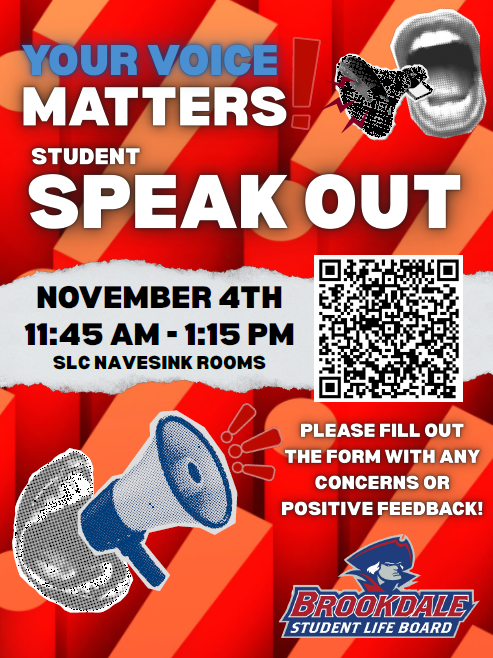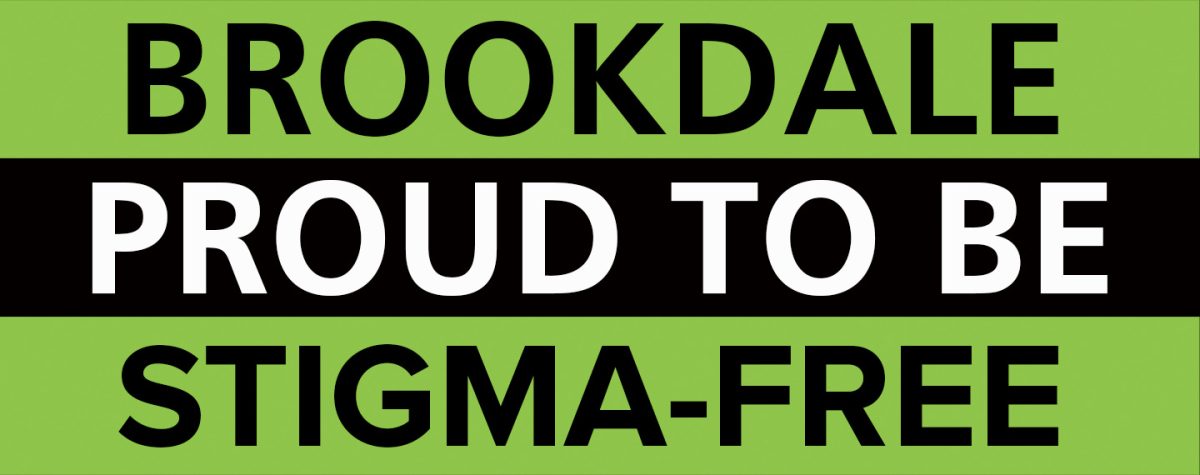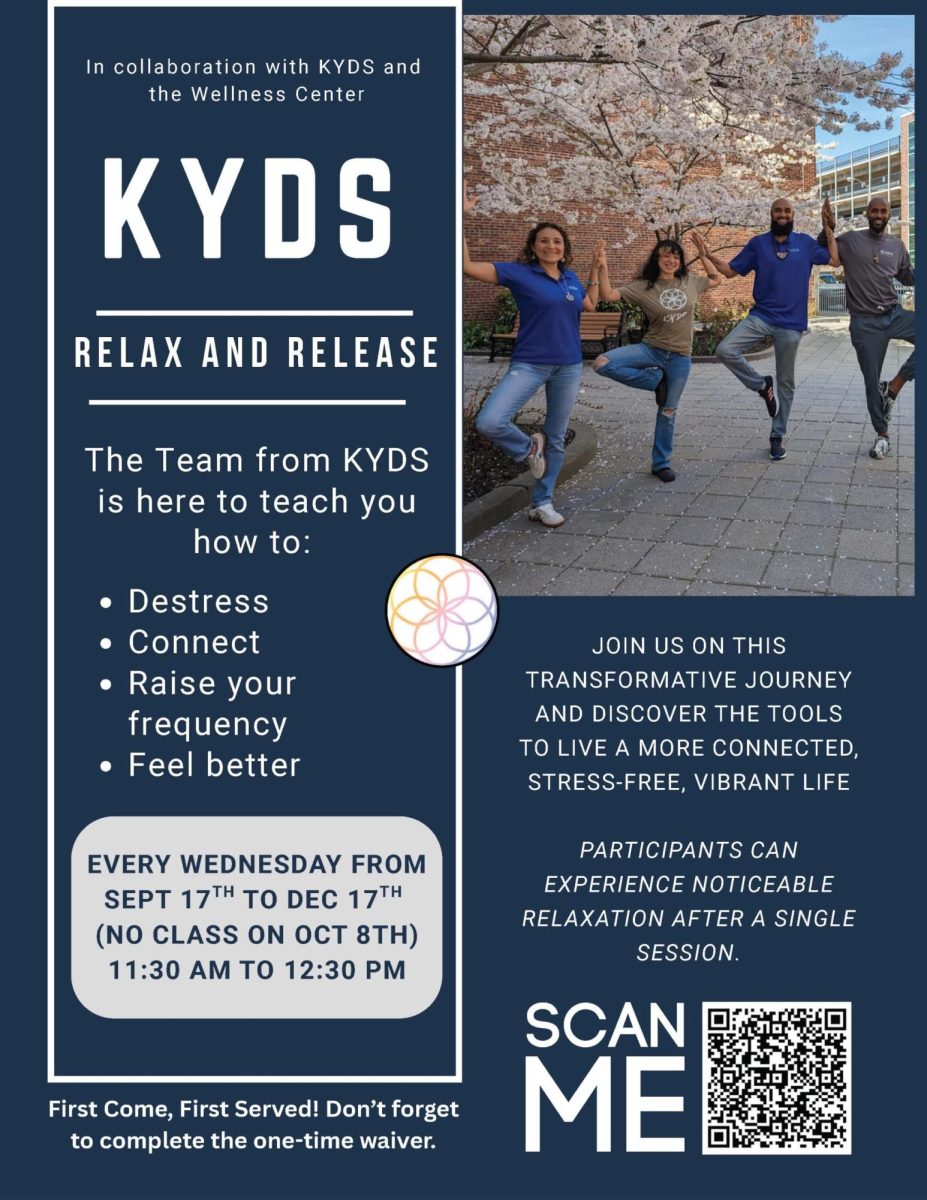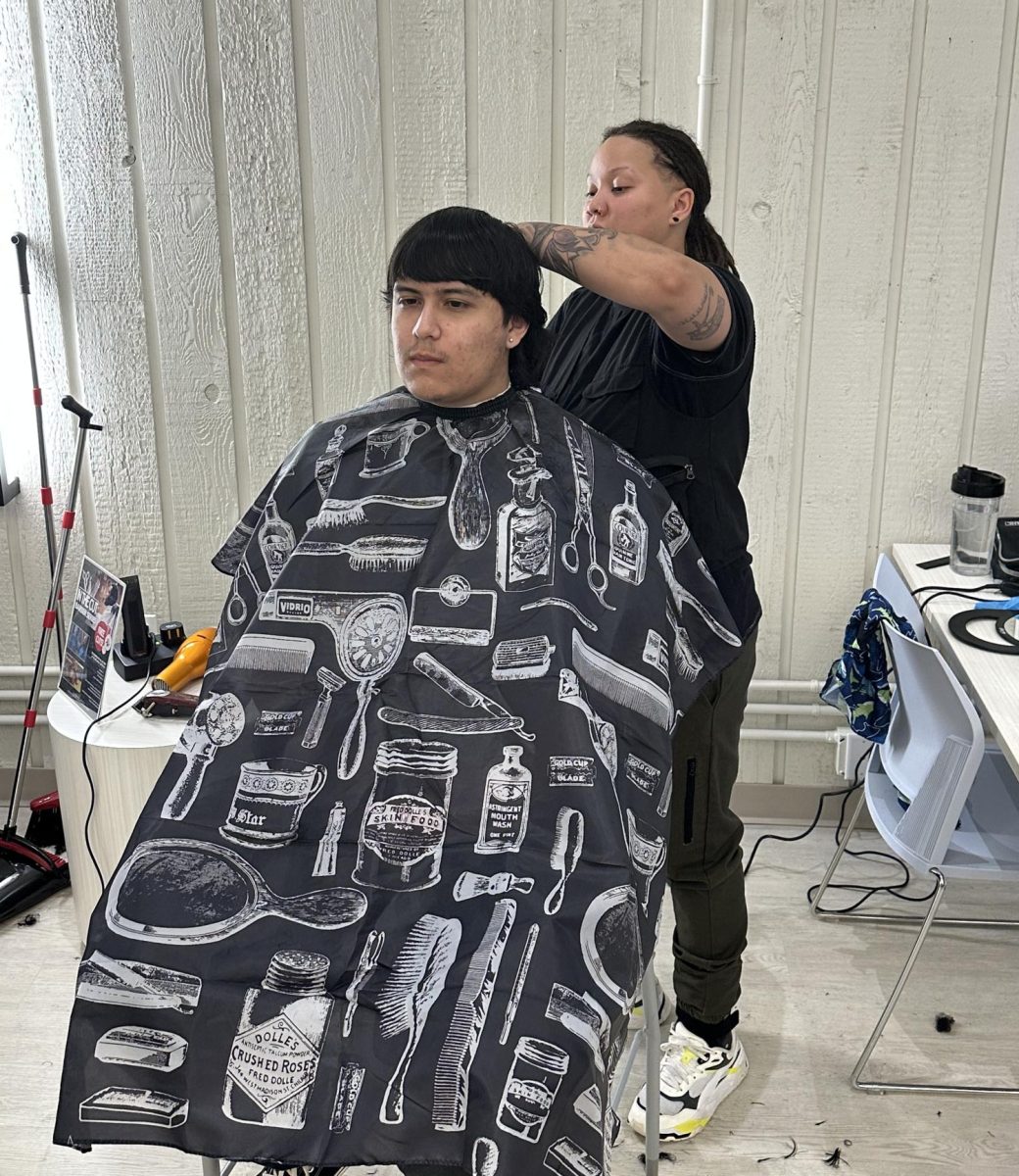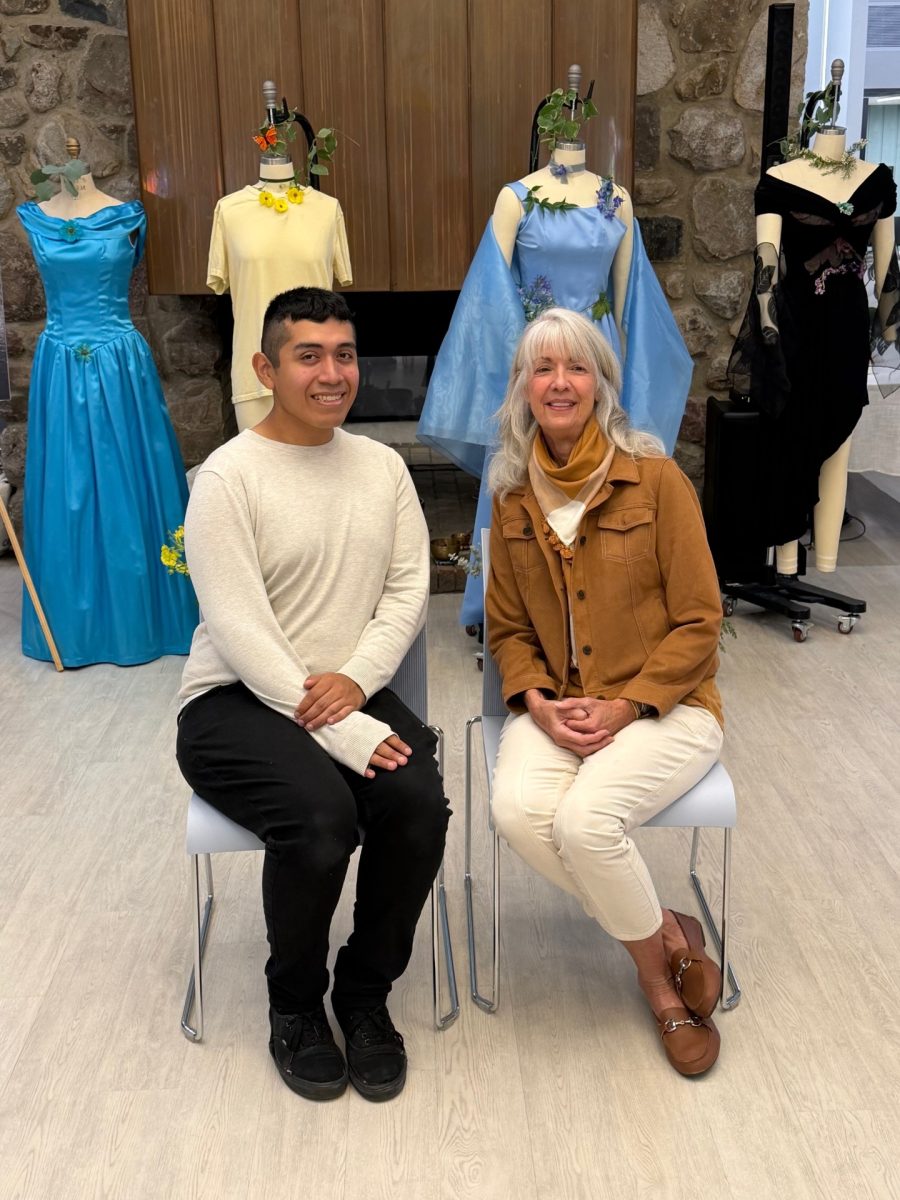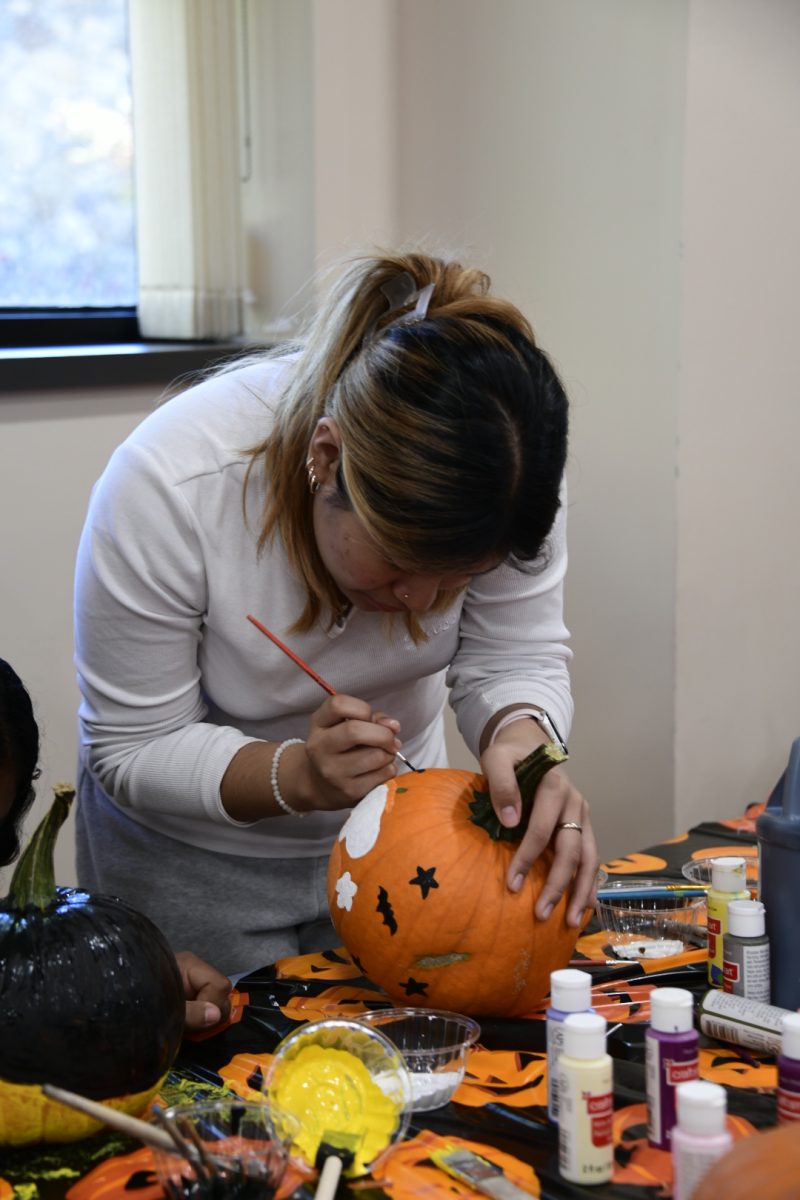EOF is “a comprehensive program for students with limited resources,” according to program director Elizabeth Kruijseen. “EOF, to me, means support.”
The Educational Opportunity Fund, or EOF, is a collective program suited to help students who are disadvantaged or have circumstances that place them below an educational and community metric. EOF is meant to support students through various needs as well. This could be through financial grants, tutors, helping them pursue apprenticeships or connecting them with resources, such as laptops and food.
“I’ve served as a liaison for this program for about a year and half, and during this time, I’ve across an array of issues that not only plague students but their communities as well,” Kruijseen said.
“We want students to have their own mission when they come to us. We want them to have drive, and we want them to want further educational pursuits. We also want them to know that we will do anything we can to help through that.”
EOF in New Jersey was started in the 60s to help underrepresented students across the state and has now flourished to support over 40 colleges in New Jersey. EOF is a state program; therefore, the money the program receives comes from the state, not the federal government, which administers Pell grants.
“The mission of EOF is to be an ‘access point.’ It is supposed to be an entity that can help a student branch off into multiple networks of success, not just academic goals alone. We want to ensure that a student has any modes or means to become a successful individual and is well equipped with the benefits to do so.”
The process for a student to apply for EOF is simple: A student would need to fill out an EOF application online. It is important that the student applies for themself, but EOF advisers encourage families to be a part of the application process.
According to Brookdale’s website, students admitted to the EOF program must meet both academic and financial eligibility requirements. Admission is based on evidence of promise and potential to succeed at the college level with the support of the EOF Program. To participate in the EOF program, students must meet all of the following requirements: Demonstrate an educationally and economically disadvantaged background; meet the financial eligibility requirements; be a New Jersey resident for at least 12 consecutive months; apply to Brookdale by completing the online application; graduate from high school or receive the equivalent of a high school diploma (GED); and file a Free Application for Federal Student Aid (FAFSA) or the New Jersey Alternative Financial Aid Application (NJAFAA).
Students who are undocumented can look for resources by applying for state aid through “Dreamer Status.” There they will be able to receive and then apply for EOF and its benefits. If the application process happens to be difficult for a student to complete, there are EOF staff who are trained to help students apply.
After an application is filled out, an EOF adviser is assigned, and in-person meeting is arranged. The goal is to establish a relationship with that student, so the student can comfortably discuss their socio-economic status and an adviser can find the direct resources the student may or may not, Kruijessen said.
“To qualify for EOF, there are general requirements. No. 1 is that the student applying must meet the proper income scale, but we do encourage any student to apply just so they understand the expectations they must meet. For larger scale communities or schools, like high schools, we have an EOF recruiter visit these schools and set up meetings for students to get referrals and also discuss their motivations for school and if it aligns with what EOF is trying to produce.”
EOF, of course, is meant to be beneficial to the applicants and students who apply for the program and are interested in the program. Their benefits scale largely. Money is not the only thing EOF tries to provide for students. If anything, it comes secondary, the director said.
“Additional funds is always going to be there for our students, but we want to hammer home that EOF is a community at heart. We want to provide more than monetary gain. As I mentioned, we want them to feel supported in every aspect. We want to give them workshops, study programs, community advising, field trips, jobs, textbooks, anything and everything. We want give any kind of support a student is seeking out,” Kruijessen said.


